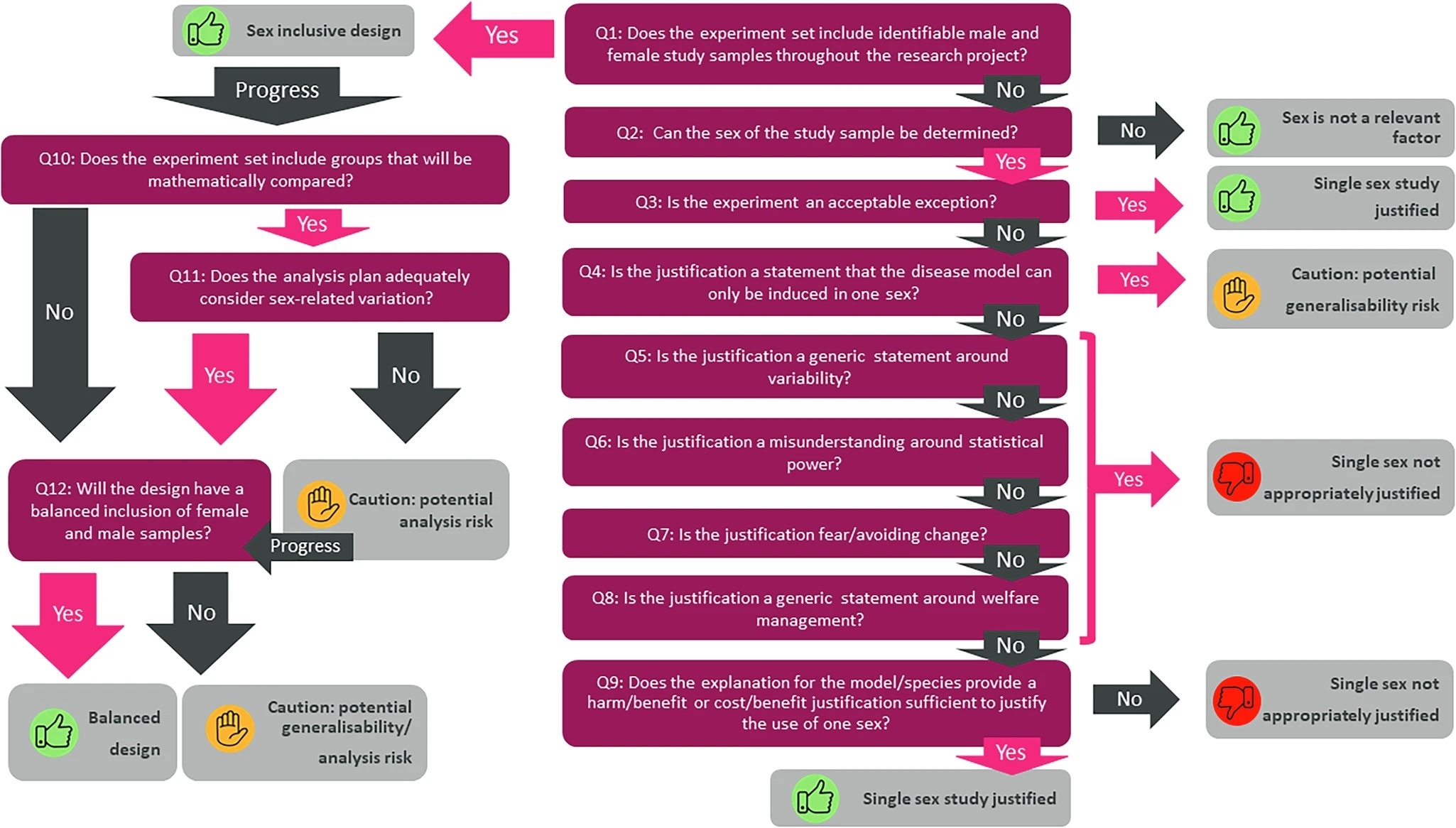Researchers from the Molecular Neurobiology Group at MRC Harwell are studying a family of genes that are known to cause a range of neurodevelopmental disorders, including autism and childhood-onset epilepsy.
Their recent work has focussed on protein processing and recycling mechanisms in neuronal cells, where a structure called the lysosome plays an essential part. Importantly, defects in these fundamental pathways are vital for the correct functioning of cells during brain development.
In their new paper, the Oliver group have studied a new mouse model of the autism-associated gene called NCOA7. Behavioural data from these mice suggest aspects of anxiety and social interaction are abnormal due to deletion of this gene. When they went on to study cells from these mice in detail, they observed defects in lysosome function as well as abnormal development and growth of cellular structures that are essential for neuronal activity.
To explain these observations, the group demonstrated that NCOA7 binds to a group of proteins that control the acidity of many cellular compartments, including lysosomes. Therefore, when the Ncoa7 gene is deleted, the acidity (pH) of these compartments is deregulated and becomes less acidic (higher pH). This has a knock-on effect for protein recycling, as this process is totally reliant on the correct acidity levels in lysosomes.
Future work from the Oliver group will be assessing whether regulating these important protein interactions can modulate multiple disease-related pathways that are associated with lysosomal function; from neuronal cell development to viral infection.
Related Links: https://link.springer.com/article/10.1007/s00018-020-03721-6



